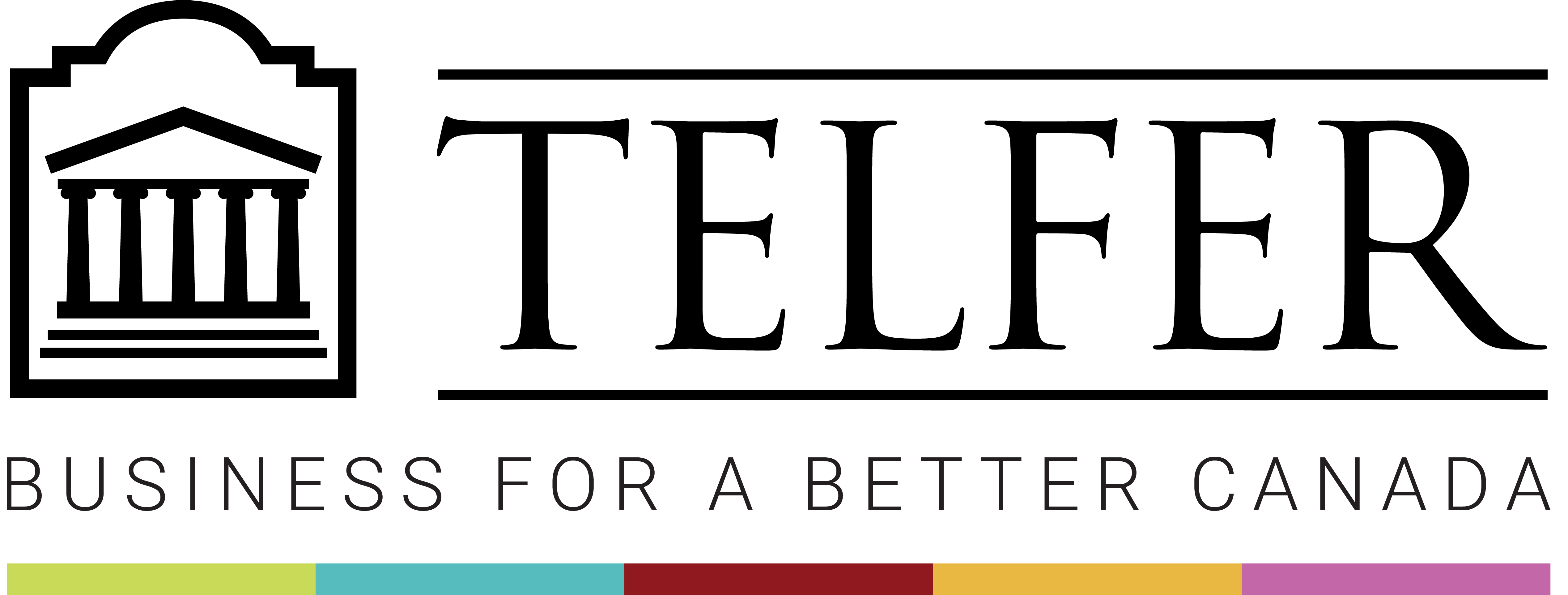The focus of this research is to explore new ways of applying analytics, to work on real data sets that are tied to organizational improvement initiatives, or to examine the structuring of analytics processes that can be applied to all organizations.
Partner organizations are connected to professors and students. Depending on the initiative underway, they could be from the Telfer School of Management, the School of Electrical Engineering and Computer Science, or other facilities as required.
Research Projects/Program
Design and Implementation of a Framework for Performance Management in Service-Oriented Virtual Organizations
Dr. Bijan Raahemi, Dr. Gregory Richards and Amin Kamali, M.Sc. in Systems Science
In this research, we proposed a framework for performance management (PM) in virtual organizations (VOs) equipped with service-oriented architecture (SOA).
This framework enables networks of organizations to evaluate and manage their collaboration performance and also to align and coordinate their various goals and objectives. Distributed management of VOs was enhanced to reduce the necessity of a central authority. In addition, providing transparency at an agreed level within VOs facilitates mutual trust among partners.
The proposed solution benefits from SOA infrastructure to form VO collaborative business processes, and to enable more dynamic VO creation and management. A key strength of this solution is the use of OLAP cube technology to aggregate KPIs at different levels of VO structure, which links the firms’ operations to the VO’s strategies in real time. This enables more effective evaluation of a VO’s overall performance through the use of the high-level aggregated KPIs.
The designed PM framework was implemented using IBM tools for business process and performance management, including IBM Websphere BPM, IBM ESB, IBM Cognos BI, Framework Manager, and Transformer.
A Framework for Formation and Management of Virtual Organizations in a Distributed Environment using SOA Infrastructure
Dr. Bijan Raahemi and Mohammad Hossein Danesh, Master of E-Business Technologies
This research involves providing a service-oriented architecture infrastructure that facilitates service choreography between organizations. The framework contains steps to define service choreography and the orchestration of organizations services, and it maps it to a service-oriented distributed infrastructure to run business processes between different organizations based on virtual organizations policies. The distributed infrastructure is based on SOA infrastructure with the ESBs (enterprise service busses) acting as its heart. The framework facilitates formation and management of software interactions in a distributed environment more efficiently and at a lower cost. It would provide companies greater flexibility as it grants the ability to change along with requirements.
Data interchange and software interactions between organizations have become increasingly necessary due to globalization and the need for lower costs in process integration. As collaborative network organizations grow, they need more agile and safer services. Virtual organizations, also known as business-to-business (B2B) interactions supported by computer networks, are created to enable the sharing of skills, resources and competencies.
Historically, virtual organizations have been formed by an intermediary entity which formed the policies and provided the infrastructure. However, this formation of a virtual organization is fixed and unable to address changes such as growing demands to locate products, services and new business partners. Managing such autonomous business partners in a distributed environment is a real challenge.
Business Process and Service Change Management in Service-Oriented Virtual Organizations (SOVO)
Dr. Bijan Raahemi and Waeal Obidallah, M.Sc. in E-business Technologies
Because SOVOs operate in a dynamic and changing environment, VO-participating organizations are continuously changing their business processes and services to meet demands from the market and customers. Focusing on the technical perspective of change management, a framework to facilitate the process of change between VO-participating organizations is presented. The framework is based on ITSM best practices (ITIL V3) and ECM and ECOLEAD reference frameworks to add more agility and flexibility to the process of change. The proposed solution will enable VO-participating organizations to initiate, asses, collaborate, communicate, authorize and evaluate the proposed changes.
Next-Generation Product Cost Tracking, Analysis and Forecasting Solution – Mitacs Converge
Dr. Gregory Richards
In order to ensure the cost effectiveness of next-generation products, companies want to drastically improve their ability to track, analyse and forecast the cost of their products. Building on experience with the current tool suite and business practices, the aim is to develop a next-generation product cost analytics solution that will run on existing IT infrastructure and allow the capture, analysis and modelling of historical as well as simulated material and transformation cost data.
The project therefore aims to find solutions to various challenges through researching approaches and techniques used in other areas and determining which ones can be most effective. The project will also explore ways of adapting those techniques to the supply chain situation, validating them with historical data and then defining the technology to best employ them within the company-specific operational framework.

